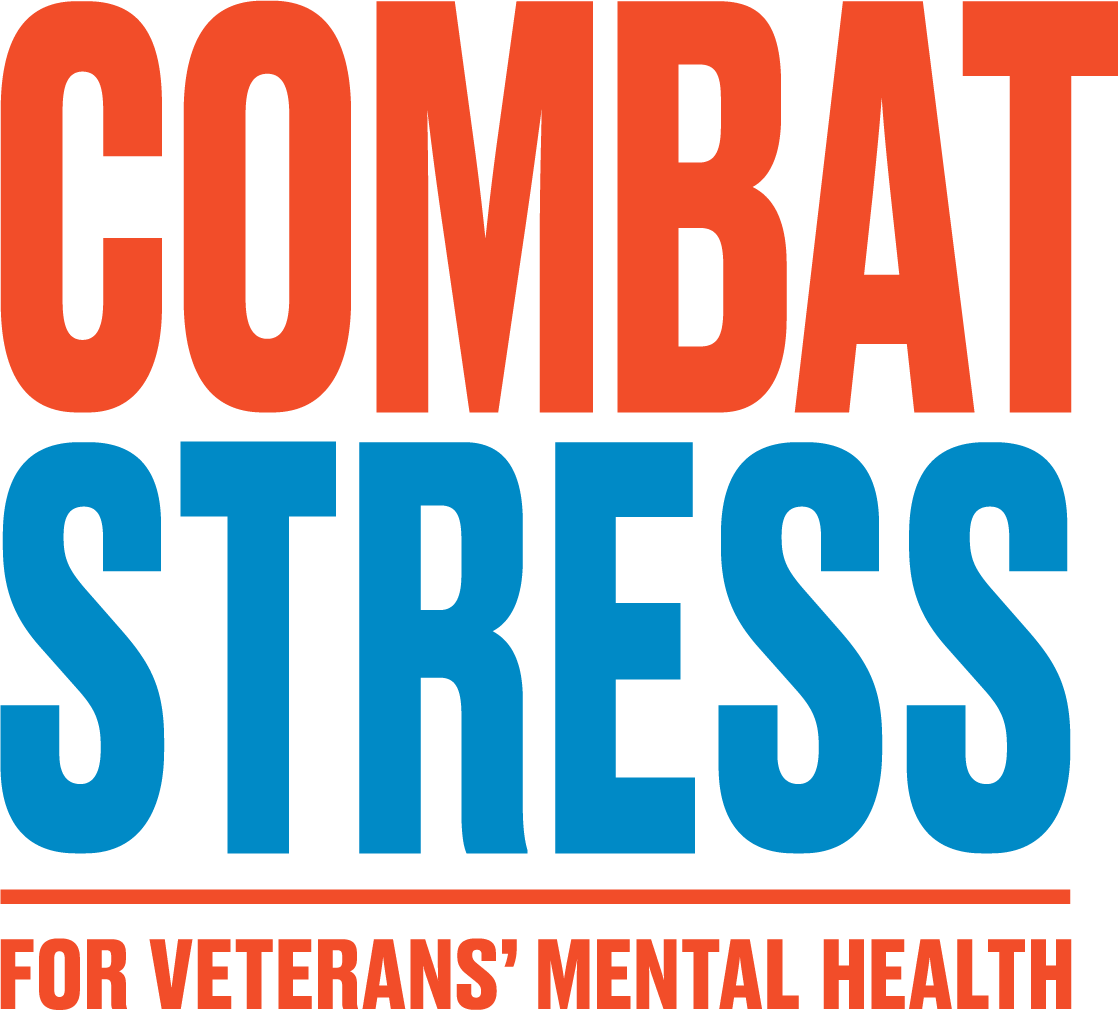- “Spider silk glistening in the sunlight can look like a wire that could be attached to an antipersonnel mine”
- “I found the smell of a BBQ extremely difficult… It took me straight back to evacuating Guardsmen off a burning ship”
This Armistice Combat Stress is launching Life as We Know It: Living with PTSD. The photo-led campaign, documents men and women, aged from 33 – 63, who served in conflicts including the Falklands, Bosnia, Northern Ireland and Afghanistan.
Featuring photography and raw, personal and unguarded video interviews with five veterans highlighting the day-to-day reality of living with PTSD, and how ordinary things we take for granted, like taking a bus, walking through a park, shopping in a supermarket and sleeping in a bed can be anything but ‘normal life’ for them.
Their challenges include:
- struggling to walk through the woods due to fearing there are landmines just off the path, or that any dangling branches are tripwires.
- Being unable to attend BBQs, due to the smell of cooking/burning meat,
- struggling to leave the house during busy parts of the day, or
- being unable to watch any TV programmes featuring emergency services-anything from the news to Casualty.
The veterans featured in the campaign have all been treated by Combat Stress and have gone on to rebuild their lives – becoming lecturers and artists – and have gained the skills, techniques and tools to manage their PTSD, but there are many hidden triggers in civilian life.
Jeff Harrison, Chief Executive of Combat Stress, said:
“We hope this campaign will resonate with veterans out there and encourage them to seek help, as well as increase public understanding of how PTSD is something that can affect even the most ordinary aspects of daily life.”
The campaign microsite, has now launched (https://living-with-ptsd.combatstress.org.uk/) featuring striking images of the veterans in locations that relate to their triggers, accompanied by a quote about the challenges of the location in question. Engaging video clips of the veterans talking about the causes of their PTSD, and the challenges they have faced, and their full life stories- from enlisting right through to being treated by Combat Stress (and beyond)- have all been captured also.
The campaign was made possible thanks to the generosity of professional photographer Tom Skipp, who donated his time free of charge to Combat Stress as he wanted to raise awareness of mental health following the death of his best friend by suicide and his own health issues as he is losing his sight. He has previously documented the geographical impact of conflict, but never before the mental health aspect.
We urge anyone affected by the campaign to call Combat Stress’ 24-hour Helpline 0800 138 1619.

















